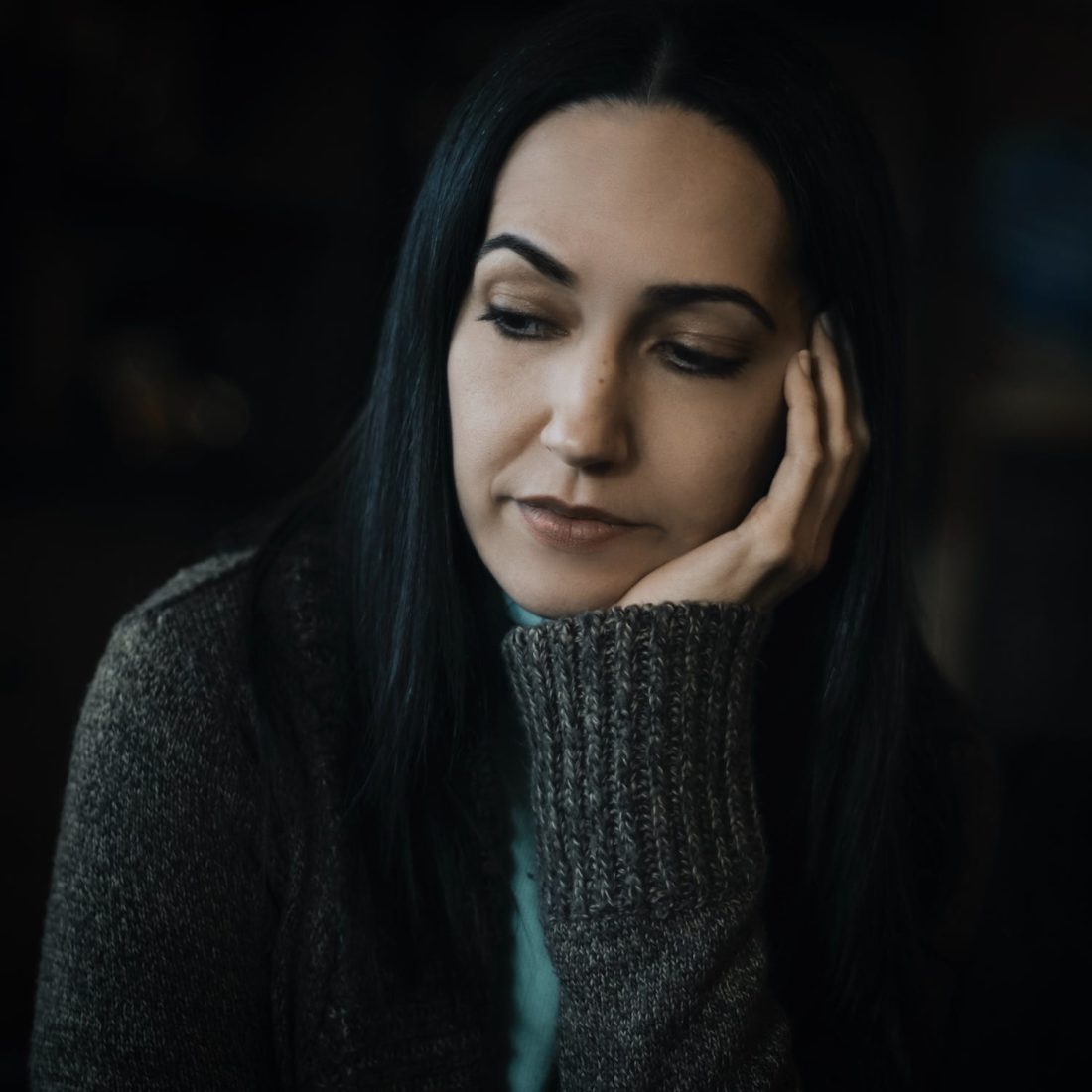
It’s one of the worst feelings – watching the sun rise, knowing the day ahead is waiting for you even though you had little or no sleep the night before.
Up to 35 percent of people experience insomnia at some point in their life, with up to ten percent having persistent insomnia that qualifies as insomnia disorder. Insomnia is one of the most common complaints heard by healthcare providers.
There are a few different kinds of insomnia. Sometimes medications for other conditions can cause problematic sleeping patterns. Some conditions like anxiety, depression, chronic pain or menopause can cause sleep disorders. Insomnia can also exist independently without a known cause. This kind of insomnia is poorly understood and can be difficult to treat, leading many insomniacs to cycle through sleeping pills until they find the right type and dose to put them to sleep at night.
Addiction to sleeping pills can happen to anyone who takes medication for insomnia. With prolonged use, a person can develop tolerance to a drug that once worked well for them, causing a need to take larger doses to fall asleep and stay asleep. In these cases, a person can experience addiction and withdrawal symptoms like extreme rebound insomnia, anxiety, tremors and even seizures.
Are sleeping pills addictive?
If you talk to your healthcare provider about sleeping troubles, you might be prescribed either benzodiazepine or non-benzodiazepine sleeping pills.
Benzodiazepines are addictive if a person takes them in high doses or for an extended period. It’s recommended to take benzodiazepine sleeping pills at the lowest effective dose for the shortest amount of time. Some benzodiazepines commonly prescribed for sleep are:
- Lorazepam (Ativan)
- Clonazepam (Klonopin)
- Temazepam (Restoril)
- Diazepam (Valium)
- Alprazolam (Xanax)
Non-benzodiazepine sleeping pills work similarly to benzodiazepines, but have fewer side effects and are less likely to cause physical dependence. It’s harder to build a tolerance to these drugs, making sleeping pill addiction less likely. The three most common non-benzodiazepine sleeping pills are:
- Ambien (Zolpidem)
- Sonata (Zaleplon)
- Lunesta (Eszopiclone)
Signs and symptoms of sleeping pill addiction
Sleeping pill addiction can be hard to identify because the behavioral effects of the addiction and the side effects of sleep deprivation are similar. Addiction to sleeping pills can cause moodiness and trouble remembering minor details, but so can a few nights in a row without restorative sleep. Some signs and symptoms that you might be addicted to sleeping pills include:
- Intense daytime fatigue
- Over-sleeping or sleeping through an alarm
- Difficulty concentrating or remembering details
- Unexplained anger
- Impaired performance at work or not fulfilling responsibilities at home
- Frequent colds or viruses
- Inability to sleep without a sleeping pill
- Unsuccessfully trying to quit taking sleeping pills
- Prescriptions for sleeping pills from more than one healthcare provider
- Continuing to take pills despite negative consequences like missing work or important events
Are sleeping pills dangerous?
When we talk about the dangers of sleeping pills, most people are referring to the potential for overdose. Benzodiazepines are especially dangerous when it comes to overdose – these drugs were responsible for nearly 12,000 overdose deaths in 2017. Mixing benzodiazepines with other drugs or alcohol can be fatal. Opiate drugs are associated with near 75 percent of benzodiazepine overdoses.
Non-benzodiazepine sleeping pills are less addictive than their counterparts, but can still lead to addiction and other health problems. The use of alcohol with these drugs can slow heart rate and breathing, causing coma or death. Withdrawal can cause tremors, panic attacks and even seizures.
Dependence on sleeping pills can also put you in dangerous situations. Some medications for insomnia have been linked to sleepwalking, sleep driving, sleep eating and sexual behavior while sleeping. Even if you stay in bed all night when you take your sleeping pills, there’s an association between sleeping pills and driving impairment even after eight hours of restful sleep. Sleeping nine hours a night or more, as some people do when they take sleeping pills, is associated with mental illness and shorter life span.
Recovery from sleeping pill addiction
Breaking an addiction to both sleeping pills and the cycle of insomnia is a years long struggle for many people. If you are unable to stop on your own without withdrawal symptoms, the recommended course of action is to talk to your healthcare provider about your dependence on insomnia medication.
A few methods have demonstrated success at recovering from addiction to sleeping pills. Gradual dose reduction, or tapering down a drug, can be an effective way to recover from sleeping pill addiction, both with and without substitute medication. Many people find brief visits with their healthcare provider to discuss their progress and goals to be motivating. Cognitive behavioral therapy has also been shown to be effective at treating insomnia and its associated sleeping pill dependence.
A few factors contribute to your sleep needs like genetics, your health status and your activity level. Most people need between seven and nine hours of sleep a night to feel energetic throughout the day. The average person sleeps six to seven hours a night. Good sleep hygiene can help many people hit that number.
- Avoid looking at a screen for one hour before bed.
- Wake up at the same time each morning and only go to bed when you are sleepy.
- Avoid stimulating activities in the hours before bed.
- Only use the bed for sleeping and sex. If you find yourself awake in bed, get up and do something relaxing like reading a book.
Treatment options for sleeping pill addiction
If working with a provider in an outpatient setting isn’t helping, inpatient treatment may be necessary. Addiction treatment programs that last 90 days are recommended, allowing enough time for patients to completely taper off sleeping pills and receive therapy to address the psychological symptoms and causes of addiction. Inpatient treatment may be especially helpful for people with co-occurring disorders that also need treatment.